Keep Yourself Honest With a Financial "Halftime" Audit
Kiplinger contributing editor and Atlanta Falcons linebacker Brandon Copeland explains why it's so important to hit pause and check the progress of your financial goals midway through 2021.

Profit and prosper with the best of Kiplinger's advice on investing, taxes, retirement, personal finance and much more. Delivered daily. Enter your email in the box and click Sign Me Up.
You are now subscribed
Your newsletter sign-up was successful
Want to add more newsletters?

Delivered daily
Kiplinger Today
Profit and prosper with the best of Kiplinger's advice on investing, taxes, retirement, personal finance and much more delivered daily. Smart money moves start here.

Sent five days a week
Kiplinger A Step Ahead
Get practical help to make better financial decisions in your everyday life, from spending to savings on top deals.

Delivered daily
Kiplinger Closing Bell
Get today's biggest financial and investing headlines delivered to your inbox every day the U.S. stock market is open.

Sent twice a week
Kiplinger Adviser Intel
Financial pros across the country share best practices and fresh tactics to preserve and grow your wealth.

Delivered weekly
Kiplinger Tax Tips
Trim your federal and state tax bills with practical tax-planning and tax-cutting strategies.

Sent twice a week
Kiplinger Retirement Tips
Your twice-a-week guide to planning and enjoying a financially secure and richly rewarding retirement

Sent bimonthly.
Kiplinger Adviser Angle
Insights for advisers, wealth managers and other financial professionals.

Sent twice a week
Kiplinger Investing Weekly
Your twice-a-week roundup of promising stocks, funds, companies and industries you should consider, ones you should avoid, and why.

Sent weekly for six weeks
Kiplinger Invest for Retirement
Your step-by-step six-part series on how to invest for retirement, from devising a successful strategy to exactly which investments to choose.
What's up, everybody? It's Brandon Copeland, aka Professor Cope, and you're now tuned into another episode of Cope'ing with Money.
It's summer 2021! I don't know about you, but it seems like time is flying. I can remember just sitting down a few months ago and writing my New Year's resolutions, trying to tell myself how I'm going to get in a certain type of shape and change my financial life forever, be responsible, all of those great things. And now, midway through the year, it's time for us to look ourselves in the mirror and audit ourselves.
Every single sport has a halftime. It's time for the team to get together and evaluate what you did in the first half. Now, midway through 2021, it is time for us to have our own halftimes individually and evaluate the first half of our year's performance.
From just $107.88 $24.99 for Kiplinger Personal Finance
Become a smarter, better informed investor. Subscribe from just $107.88 $24.99, plus get up to 4 Special Issues

Sign up for Kiplinger’s Free Newsletters
Profit and prosper with the best of expert advice on investing, taxes, retirement, personal finance and more - straight to your e-mail.
Profit and prosper with the best of expert advice - straight to your e-mail.
So, without further ado: How do we evaluate ourselves and make sure that we are staying true to our financial New Year's resolutions?
Evaluate Your Performance
Regardless of the team that you're on, you can probably tell how the first half has gone based on how your coach comes into the locker room and the speech that you get. If you get one of those, "That's what I'm talking about, y'all! Let's keep this work up. I might get a raise. I'm a good coach!" … then you probably know you're doing pretty well.
On the flip side of that, if your coach comes in more like, "Oh, God. I don't know what y'all are doing out there. I'm going to have to pack my stuff up. Do you guys not like me? Oh, God!" … then we might have some work to do.
As an athlete, we have to have a "next play" mentality: It doesn't matter what has happened thus far as long as we get out there and continue to improve on our performance.
Unfortunately, not everybody has a coach making it obvious whether you're doing well or not. This is why it's so important that we're able to properly evaluate ourselves, learn from that evaluation, and then adjust to make the best decisions for ourselves moving forward.
Understand Your Credit Score
If you have not already, I need you to make sure you know and understand your credit score.
Go to annualcreditreport.com or a service that you trust and know or have some familiarity with. Make sure you have no false claims or discrepancies.
And also use this time to make sure that the neighborhood hacker, who also has more time on their hands than usual, hasn't used this as an opportunity to go get a nice, fancy dinner on you.
Reevaluate Your Budget
Next, we want to reevaluate our budgets. Now is a great time to have some actual measurable metrics to see whether or not your estimates for yourself have actually added up.
Let's say you planned to have $2,000 saved up by June and you only have put away a thousand. Well, what happened to the other thousand? This is where the evaluation matters. Did you make a miscalculation at the start of the year? Did you have an emergency expense? Or was it bad spending habits that you need to correct in the second half?
Especially going into the summer as the country and our world continues to reopen, we're all going to have more pulls on our bank accounts than we did a year ago this time. It's good for us to make sure we have our budgeting and spending habits in check.
Make a Plan to Do Better
Now, by checking our credit report and auditing ourselves via our budget, this will be able to help us determine how the first half actually went.
If things have gone well and you have stuck to your plan, congratulations. But now's the time to double down on that effort.
If things have not gone according to plan, it is OK. Let's refocus, re-energize, and come out of this half with a stronger plan ready to rock.
What have we learned over the last six months that can help us adjust and be stronger in the next half, but also further into the future? For example, how did our tax filing go, how much did we owe, and how much do we get back? Are there ways we know that we can improve our returns for the next year?
Being able to answer those questions for yourself will now help you determine: "Hey, can I allot some of this money towards another financial goal, or am I just on the right path and need to continue to keep this pace?"
For those of us who are on track, if this pandemic has taught us anything, it's that we cannot relax. We don't know what is coming. We don't know what the future holds. So I challenge us all to pick up the pace a bit. Finish 2021 stronger than you ever thought that you could.
For those of us who aren't where we want to be financially, we look back on the last six months and say, "Whoa. I had a plan and it really didn't work out for me that well." It's life, it happens, that's why we try to build ourselves up as strong as we can be financially. But ultimately, who knows what happens to any of us tomorrow? All we can do is focus on the things that we can control today.
Improve on Your Weaknesses
Now that we've done our credit report and we've audited ourselves and we have this better evaluation of our budget, where can we improve? Where can we make changes? Evaluate your actual problem. Is it a cash flow problem? Is it an income problem? Do I have too many expenses?
Pay close attention to this part of the process. Did your free subscription trial suddenly turn into a monthly expense that you didn't notice? You might be paying a few bucks here or a few bucks there for services you're not even using. Where can I make cuts so that my income actually exceeds my expenses on a monthly basis, as opposed to the opposite? Do I have a plan but just need a little bit of help in keeping with that plan?
The only way we get through this is by looking ourselves in the mirror, having an honest conversation, and then creating structures around us so that we can succeed.
If I have a discipline problem, I need to find an accountability partner – a spouse, a significant other, a friend, a neighbor, or a like-minded person in the community – to help keep me on track. If it's an income problem, this is a struggle for most of us in the world during the pandemic. However, what can we do? Where can we get creative to draw on extra sources of revenue?
We want to make sure that the light at the end of the tunnel is actually a light and not a train coming our way. In order to do that, we have to be honest with ourselves, evaluate ourselves, and put structures and systems in place to help us reach our goals financially.
Halftime is an athletic standard and norm for a reason. Through the chaos of a game, this is the only time we have to take a deep breath, get some water and some fluids in your body, maybe even a snack if you're husky like me, and reflect on what has just happened.
This is our quiet time. This is our time to refocus, reenergize, refuel, and push through for the next six months of our lives. Let's be honest with ourselves, let's evaluate ourselves, and let's make sure we make these next six months better than the previous, regardless of how good or bad the first six went.
As always, I wish you all well, I hope you all stay blessed. Cope'ing with Money. I will see you soon. Peace.
Links and resources mentioned:
Profit and prosper with the best of Kiplinger's advice on investing, taxes, retirement, personal finance and much more. Delivered daily. Enter your email in the box and click Sign Me Up.

Brandon Copeland, an active, eight-year veteran NFL linebacker, has spent the past two years teaching a class he created, and nicknamed “Life 101,” at his alma mater, the University of Pennsylvania. Life 101 focuses on life’s constant money decisions so that students are better prepared for the financial realities that adulthood brings. Copeland also spends time off of the field consulting and investing in real estate. He is the co-founder of a nonprofit organization, Beyond the Basics Inc., and was the recipient of the 2020 NFLPA Alan Page Community Award, the NFLPA’s highest honor given for extraordinary dedication to service, social justice and equality. He is a member of CNBC’s Financial Wellness Council and the NFL Players Inc. Advisory Committee. Copeland has interned for UBS and Weiss Multi-Strategy Advisers.
-
 The Tool You Need to Avoid a Post-Divorce Administrative Nightmare
The Tool You Need to Avoid a Post-Divorce Administrative NightmareLearn why a divorce decree isn’t enough to protect your retirement assets. You need a QDRO to divide the accounts to avoid paying penalties or income tax.
-
 When Estate Plans Don't Include Tax Plans, All Bets Are Off
When Estate Plans Don't Include Tax Plans, All Bets Are OffEstate plans aren't as effective as they can be if tax plans are considered separately. Here's what you stand to gain when the two strategies are aligned.
-
 Relying on Real Estate in Retirement? Avoid These 3 Mistakes
Relying on Real Estate in Retirement? Avoid These 3 MistakesThe keys to successful real estate planning for retirees: Stop thinking of property income as a reliable paycheck, start planning for tax consequences and structure your assets early to maintain flexibility.
-
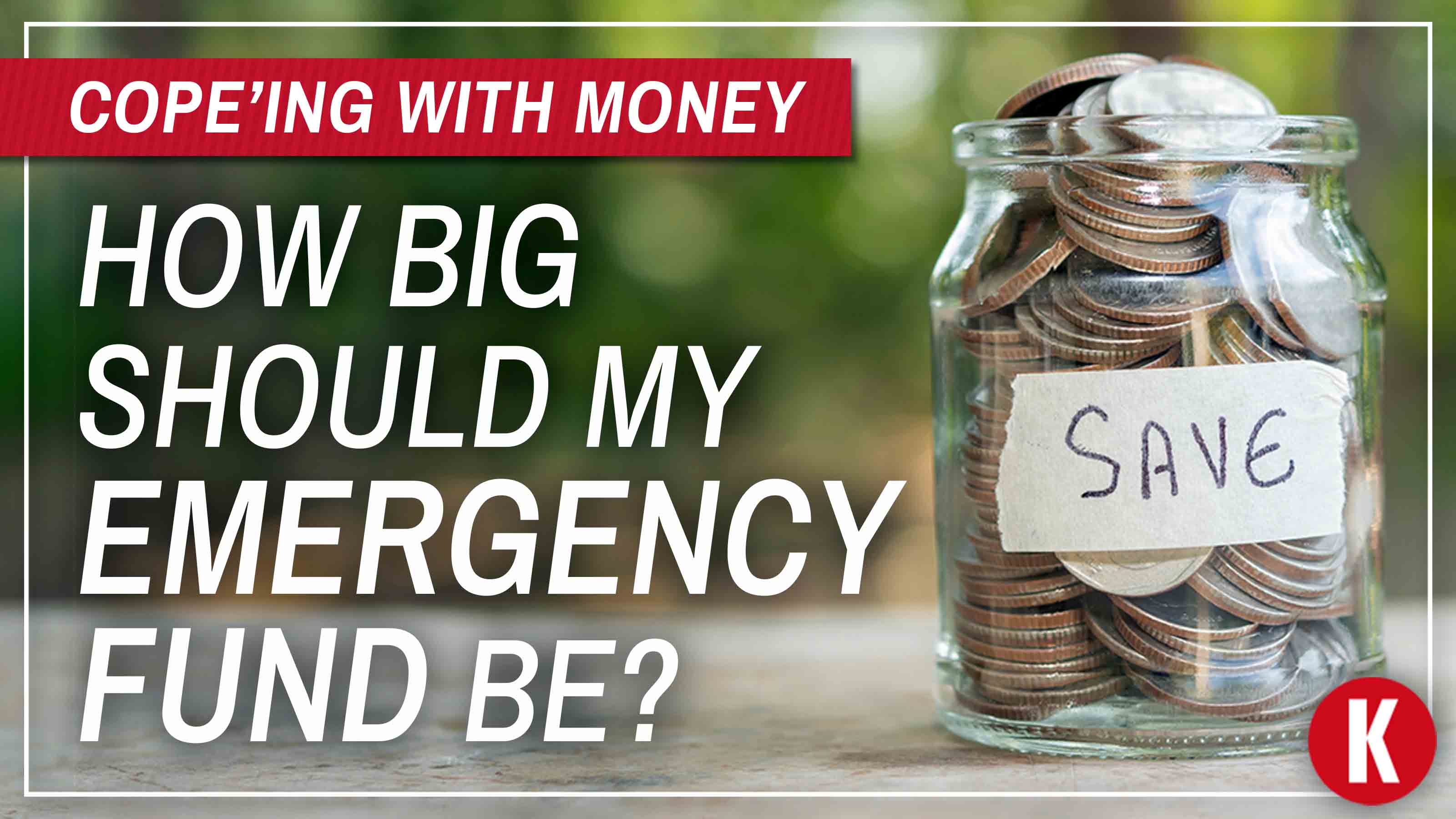 How Big Should My Emergency Fund Be?
How Big Should My Emergency Fund Be?Feature NFL linebacker and Kiplinger contributing editor Brandon Copeland discusses the importance of building an emergency fund.
-
 Homeowners Insurance: How to Protect Your Home
Homeowners Insurance: How to Protect Your HomeBrandon Copeland NFL linebacker and Kiplinger contributing editor Brandon Copeland discusses the ins and outs of homeowners insurance.
-
 The "Real" Cost of Buying a Car
The "Real" Cost of Buying a CarFeature Atlanta Falcons linebacker and Kiplinger contributing editor Brandon Copeland illustrates how car prices are far more than meets the eye.
-
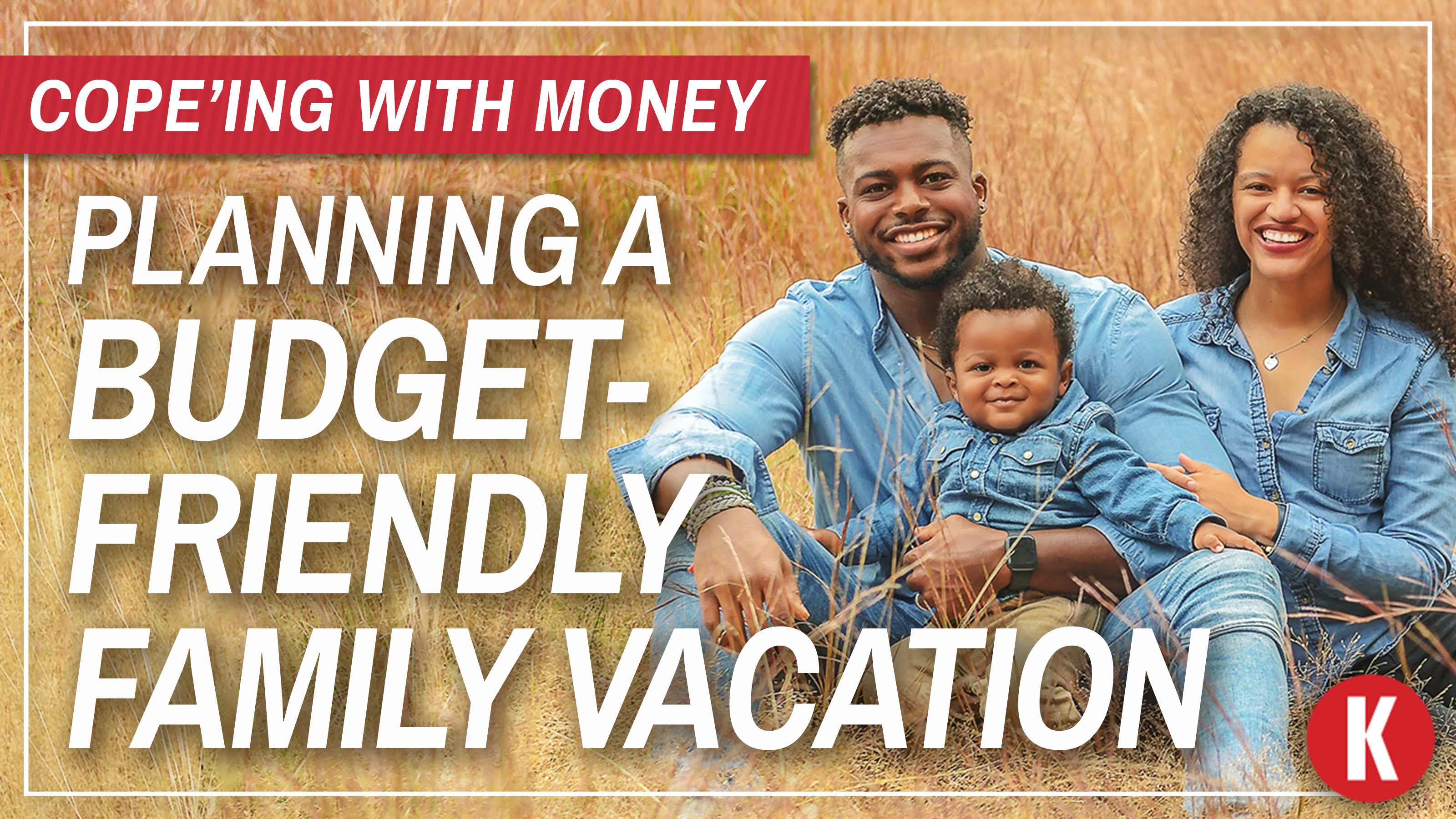 How to Plan a Budget-Friendly Family Vacation
How to Plan a Budget-Friendly Family VacationBrandon Copeland Atlanta Falcons linebacker and Kiplinger contributing editor Brandon Copeland provides tips on how to go on vacation without breaking the bank.
-
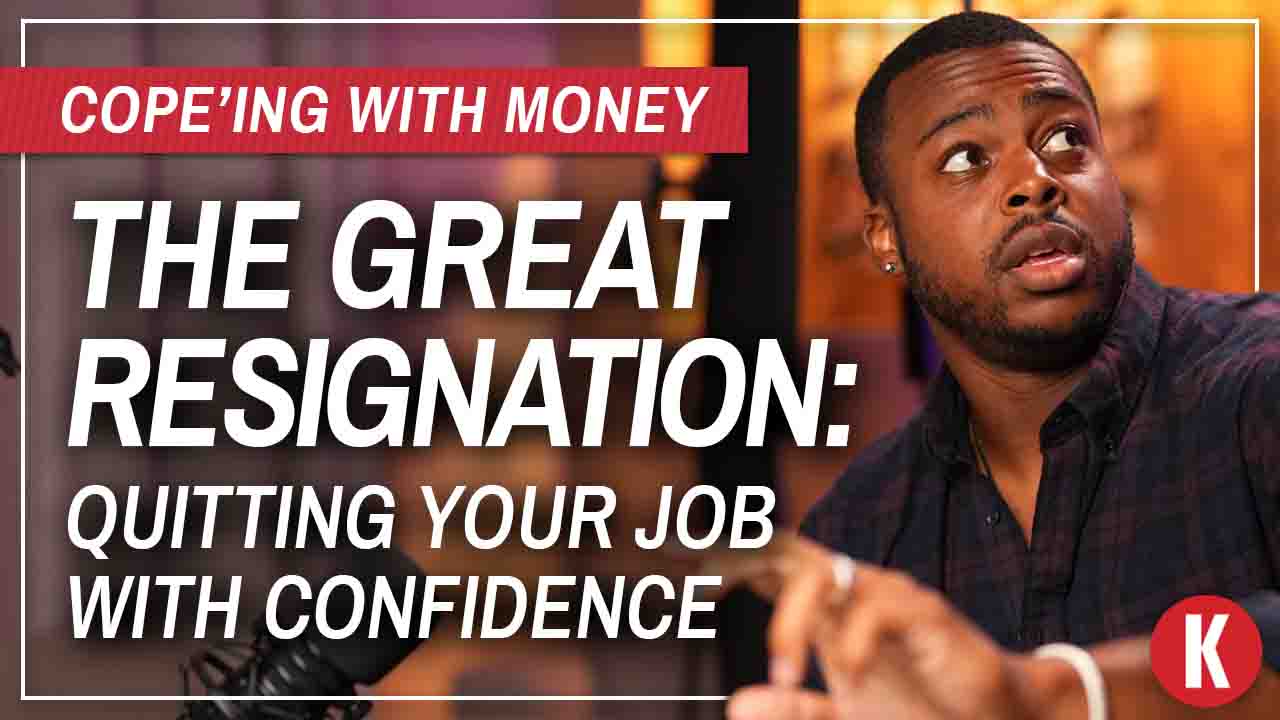 The Great Resignation: How to Quit Your Job With Confidence
The Great Resignation: How to Quit Your Job With ConfidenceBrandon Copeland Atlanta Falcons linebacker and Kiplinger contributing editor Brandon Copeland provides tips on how to properly quit your job and upgrade your career.
-
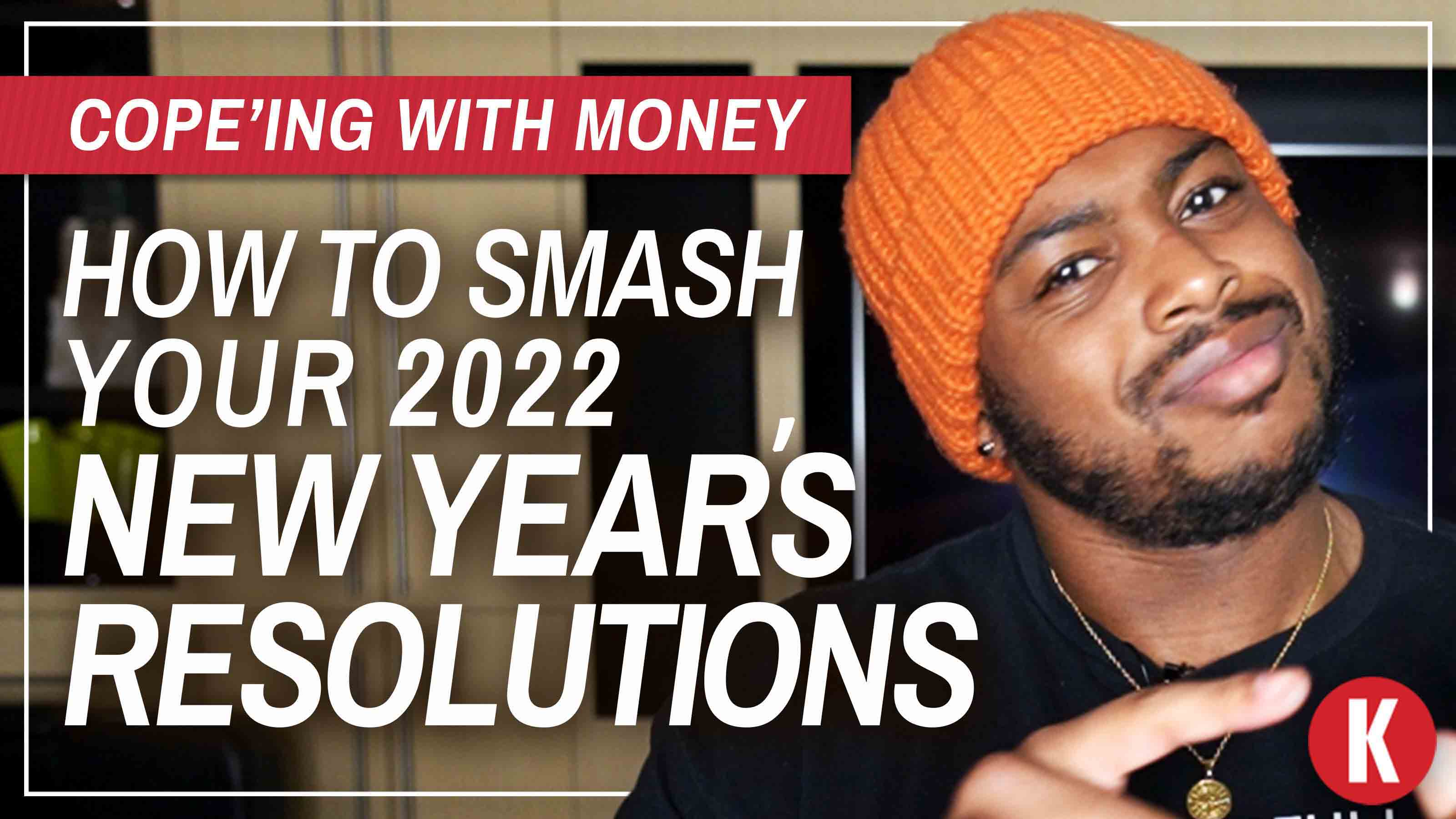 How to Achieve Your 2022 New Year's Resolutions
How to Achieve Your 2022 New Year's ResolutionsBrandon Copeland You've already made your New Year's resolutions. Atlanta Falcons linebacker and Kiplinger contributing editor Brandon Copeland explains how you can stick with them and accomplish them.
-
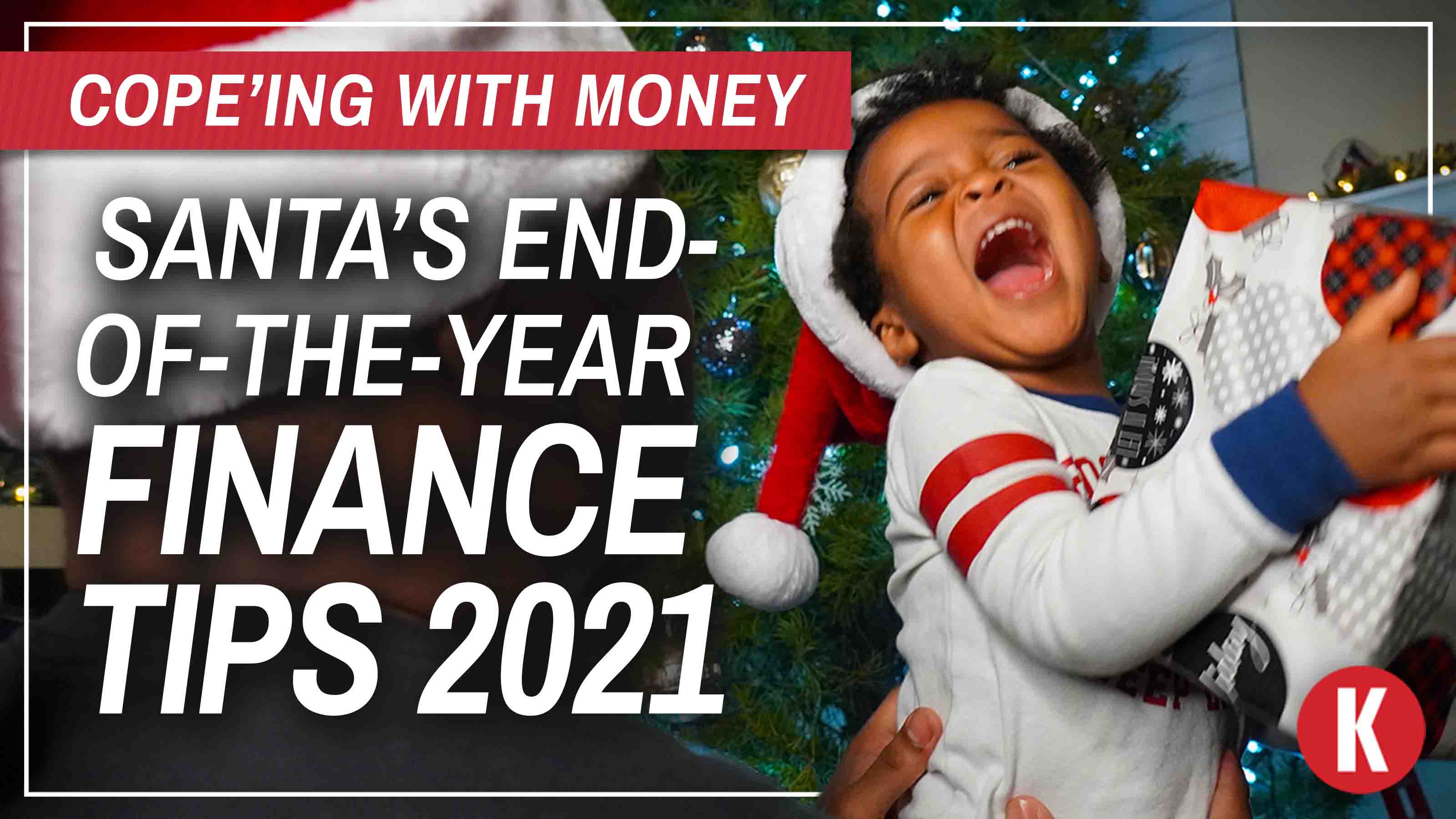 Santa's End-of-the-Year Finance Tips
Santa's End-of-the-Year Finance TipsFeature Atlanta Falcons linebacker and Kiplinger contributing editor Brandon Copeland shares a few ways you can improve your finances before 2022 gets here.
-
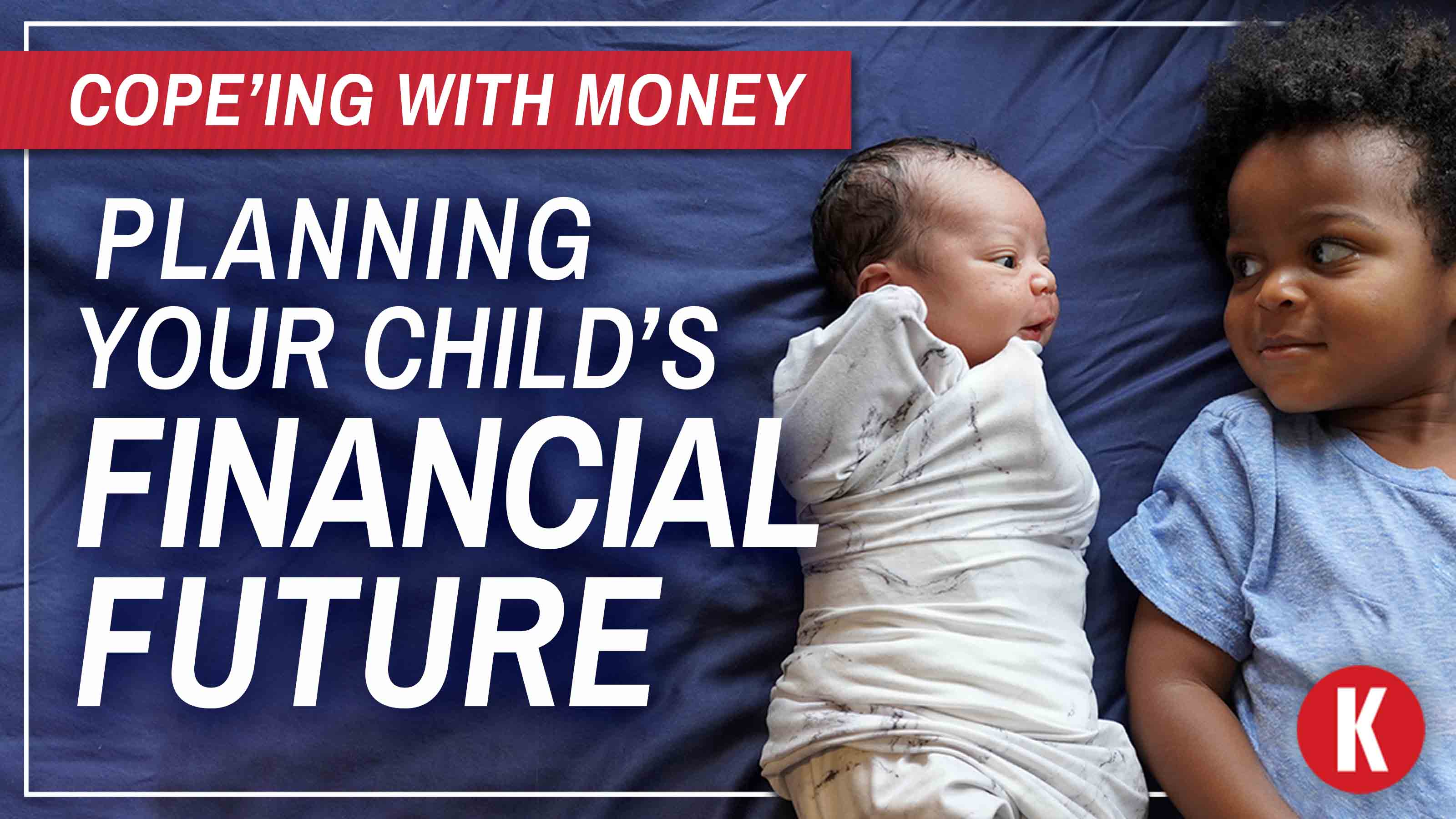 Planning Your Child's Financial Future
Planning Your Child's Financial FutureFeature Atlanta Falcons linebacker and Kiplinger contributing editor Brandon Copeland talks about ways to set your child up with a strong financial foundation.